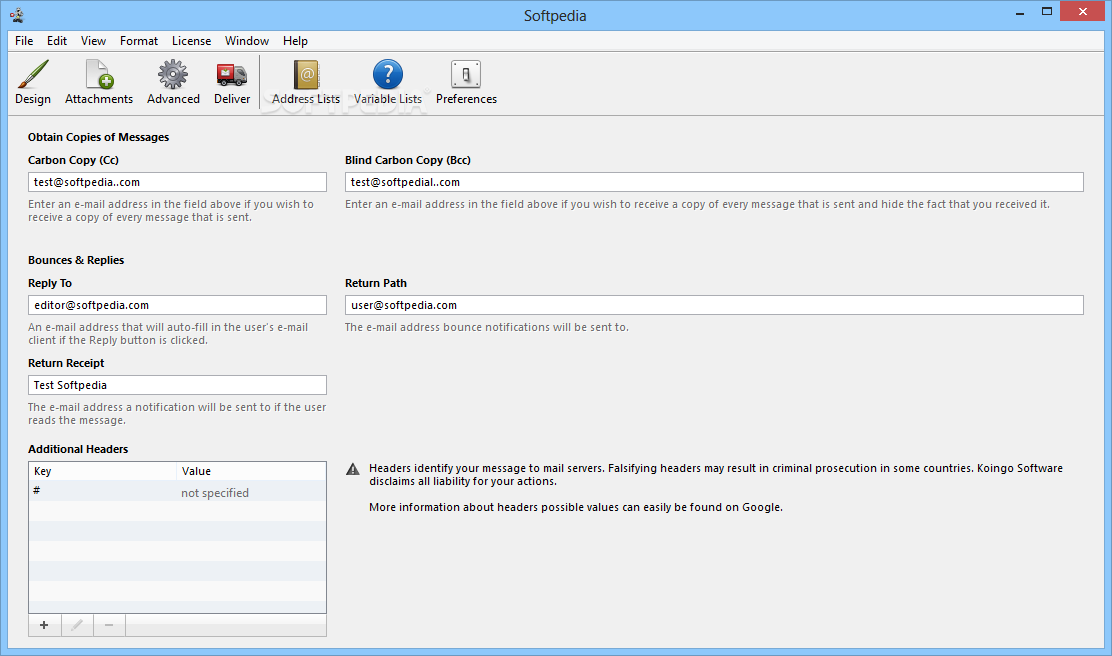Example 1 Determine if the value 3 is a solution of the equation. 4x - 2 = 3x + 1. Solution We substitute the value 3 for x in the equation and see if the left-hand member equals the right-hand member. 4(3) - 2 = 3(3) + 1. 3 is a solution. The first-degree equations that we consider in this chapter have at most one. Google allows users to search the Web for images, news, products, video, and other content. 5-4-3-2-1 Coping Technique for Anxiety. By: Sara Smith, BSW. Anxiety is something most of us have experienced at least once in our life. Public speaking, performance reviews, and new job responsibilities are just some of the work-related situations that can cause. Solve your math problems using our free math solver with step-by-step solutions. Our math solver supports basic math, pre-algebra, algebra, trigonometry, calculus and more. Self-defined color 1: # Self-defined color 2: # Self-defined color 3: # Anzeige. Calculate single values: Results Table CSV-format.
Hide browse barYour current position in the text is marked in blue. Click anywhere in the line to jump to another position:
- text : speech : chapter : section
- text : speech : section
Robopostman 1 2 4 Equals

Robopostman 1 2 4 X 2
Shame on the age and on its principles! The senate is aware of these things; the consul sees them; and yet this man lives. Lives! aye, he comes even into the senate. He takes a part in the public deliberations; he is watching and marking down and checking off for slaughter every individual among us. And we, gallant men that we are, think that we are doing our duty to the republic if we keep out of the way of his frenzied attacks.
You ought, O Catiline, long ago to have been led to execution by command of the consul. That destruction which you have been long plotting against us ought to have already fallen on your own head. [3]
What? Did not that most illustrious man, Publius Scipio, 1 the Pontifex Maximus, in his capacity of a private citizen, put to death Tiberius Gracchus, though but slightly undermining the constitution? And shall we, who are the consuls, tolerate Catiline, openly desirous to destroy the whole world with fire and slaughter? For I pass over older instances, such as how Caius Servilius Ahala with his own hand slew Spurius Maelius when plotting a revolution in the state. There was—there was once such virtue in this republic, that brave men would repress mischievous citizens with severer chastisement than the most bitter enemy. For we have a resolution 2 of the senate, a formidable and authoritative decree against you, O Catiline; the wisdom of the republic is not at fault, nor the dignity of this senatorial body. We, we alone,—I say it openly, —we, the consuls, are waiting in our duty.
1 This was Scipio Nasica, who called on the consul Mucius Scaevola to do his duty and save the republic; but as he refused to put any one to death without a trial, Scipio called on all the citizens to follow him, and stormed the Capitol, which Gracchus had occupied with his party, and slew many of the partisans of Gracchus, and Gracchus himself.
2 This resolution was couched in the form ; and it exempted the consuls from all obligation to attend to the ordinary forms of law, and invested them with absolute power over the lives of all the citizens who were intriguing against the republic.
M. Tullius Cicero. The Orations of Marcus Tullius Cicero, literally translated by C. D. Yonge, B. A. London. Henry G. Bohn, York Street, Covent Garden. 1856.The National Endowment for the Humanities provided support for entering this text.
This work is licensed under a Creative Commons Attribution-ShareAlike 3.0 United States License.
An XML version of this text is available for download, with the additional restriction that you offer Perseus any modifications you make. Perseus provides credit for all accepted changes, storing new additions in a versioning system.
View a map of the most frequently mentioned places in this document.
Download Pleiades ancient places geospacial dataset for this text.
Citation URI:http://data.perseus.org/citations/urn:cts:latinLit:phi0474.phi013.perseus-eng1:1.1Text URI:http://data.perseus.org/texts/urn:cts:latinLit:phi0474.phi013.perseus-eng1